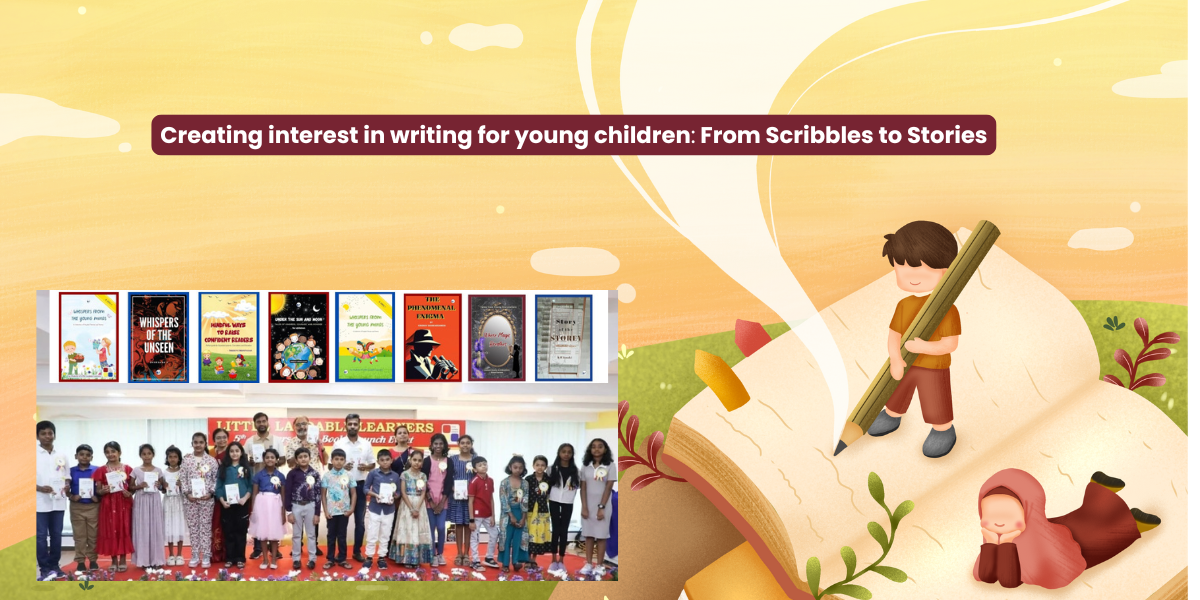
One Skill That Supercharges the Journey from Memory to Mastery
One Skill That Supercharges the Journey from Memory to Mastery
By Sridevi Srinivasan
In the journey of learning, memory is just the beginning. While memorizing facts is important, true mastery requires a learner to move far beyond it—toward understanding, application, analysis, and creation. So, what’s the one skill that supports every step of this journey? Reading—with curiosity.
Memory: The Foundation of Learning
The first stage in any learning process is remembering and recalling. Let’s take the example of the water cycle. Children begin by learning terms such as evaporation, condensation, and precipitation. They identify these terms in diagrams or pictures. At this point, the focus is on recognition and recall—key elements of memory.
This stage builds the base of the learning pyramid. But to climb higher, learners must do more than just remember.
Understanding Through Exploration
In the next stage, learners seek to understand what those words really mean. This is where they conduct or observe experiments—like heating water to watch it evaporate or seeing droplets form on a lid to understand condensation.
When educators connect these observations to natural processes, the learner’s understanding deepens. They no longer just know the word evaporation; they understand how and why it happens. The learning becomes meaningful.
Applying What They’ve Learned
Now, learners are ready to apply their knowledge. When they study transpiration in plants, they relate it back to what they’ve learned about evaporation. This ability to apply knowledge across contexts is a sign of deeper learning.
At this stage, children are no longer just memorizing definitions—they are thinking, connecting, and using knowledge in practical, relevant ways.
Analyzing Patterns and Relationships
The fourth stage is analysis. Here, learners go a step further and begin to ask questions and examine relationships. For example, they might explore how rainfall patterns affect crop growth or how water is recycled in nature.
They analyze cause and effect, compare different scenarios, and use their knowledge to interpret real-world phenomena. This kind of critical thinking is essential for problem-solving and decision-making.
Creating from Understanding
When a learner has remembered, understood, applied, and analyzed information, they are ready to create. Creation could mean building a model of the water cycle, designing a water conservation project, or writing a story that explains how rain helps the environment.
At this level, learners are not just consuming knowledge—they are producing it. They innovate, design, and express new ideas based on what they’ve learned.
The Core Skill: Reading with Curiosity
Throughout this journey from memory to mastery, one skill stands out as the enabler of every stage: reading. Not just the ability to decode words, but the ability to read with understanding, interpretation, and interest.
However, reading alone is not enough. It must be powered by curiosity—the desire to know more, explore deeper, and make sense of the world. Reading without curiosity is mechanical. But reading with curiosity becomes a superpower.
A curious reader asks questions, makes connections, and seeks answers beyond the classroom. They become lifelong learners.
How Can We Foster This Skill?
To develop this powerful combination of reading and curiosity, we need to:
- Start early: Build reading habits from a young age through storytelling, shared reading, and engaging books.
- Make it joyful: Create positive reading experiences where learning is fun, not forced.
- Give choices: Allow children to pick what they read based on their interests.
- Connect reading with life: Encourage learners to relate what they read to the world around them.
Conclusion
While memory gives us the foundation, it is reading with curiosity that transforms learning into mastery. By nurturing strong reading skills and encouraging children to explore with wonder, we prepare them not just to learn—but to thrive.



